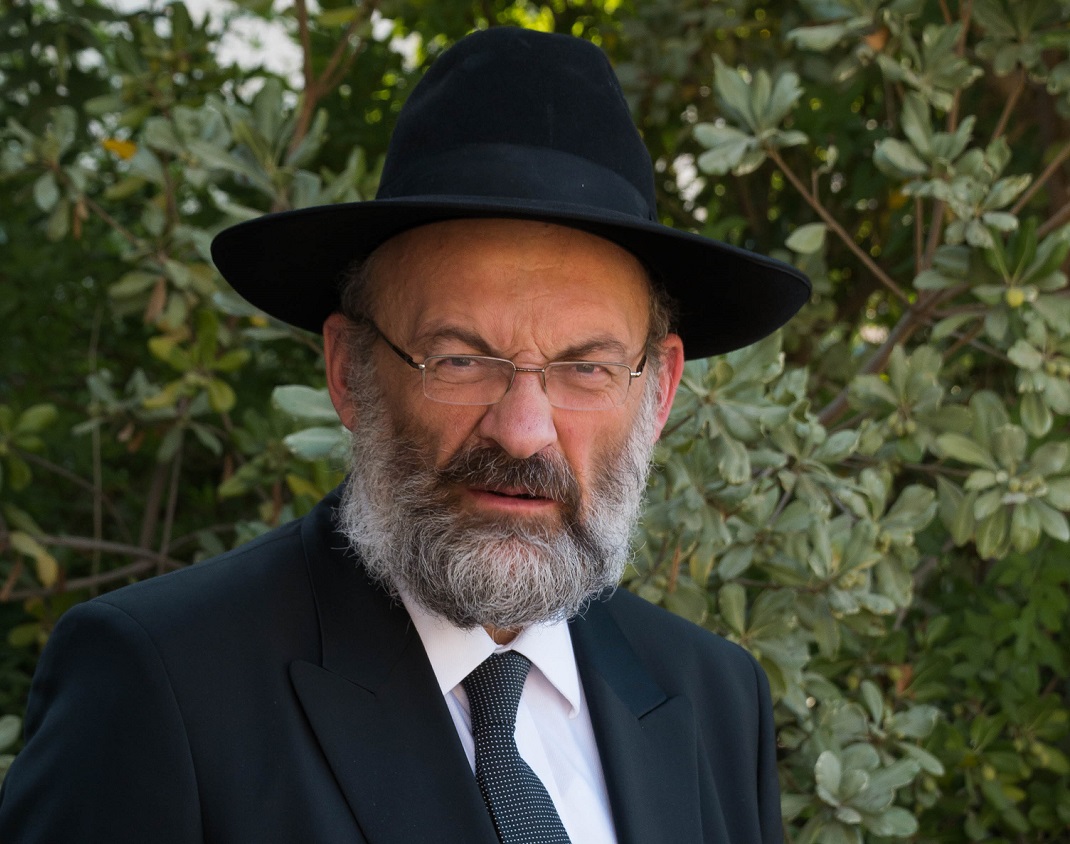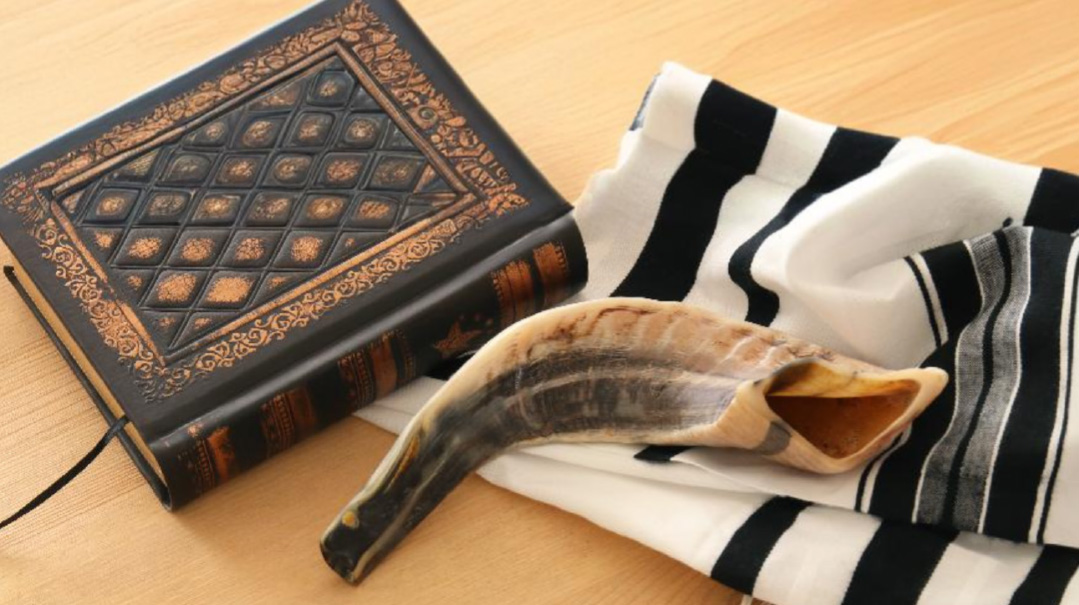Redemption at Any Moment

There’s much more to our emunah than knowing the geulah will come one day
Prepared for print by Rabbi Eran Feintuch
“Now we are here, next year in Eretz Yisrael. Now we are slaves, next year free people.” The Pesach Seder isn’t just about the past. It’s the story of geulah, a story that continues to unfold before our eyes. The geulah of Klal Yisrael is a process. It began with Yetzias Mitzrayim. And soon, it will conclude with the final, complete geulah.
The past guarantees the future. The wondrous miracles of Yetzias Mitzrayim prove beyond all doubt that Hashem will bring the process of geulah to its fruition. If Hashem saw fit to enter the world scene, wage war with the Mitzrim, and perform open miracles to begin Klal Yisrael’s redemption, He will certainly complete it.
Yetzias Mitzrayim teaches Klal Yisrael that Hashem cares deeply about us, and will rescue us from any force that hinders us from serving Him. Strengthening this emunah is the goal of our Seder. The story of Yetzias Mitzrayim isn’t mere history; it’s the foundation of our emunah. We tell it not just to remember the past, but to know the great future in store, and to know how to live in anticipation of that future.
Many people spend a long time at the Seder describing the Ten Makkos in great detail, and even acting them out for the kids. That’s a good way to bring the story to life for them. But that shouldn’t be the main focus of the Seder. That’s why the Haggadah doesn’t delve into details about the Makkos. We should do our best to make the story real to them, but the objective in doing that is to instill in them the emunah that Hashem cares deeply about us, and will soon bring our geulah to its completion. By the end of the Seder, our children — and we — should feel that any moment Hashem will pluck us out of galus and bring us to Yerushalayim in its restored glory.
IT’S INCREDIBLE HOW strongly Klal Yisrael have held on to this emunah, despite our lengthy galus. My family knew a woman who wasn’t particularly frum. One day my wife saw her emptying the contents of her purse in search of a missing key. One object caught my wife’s eye. It was a small hand drum. The woman casually explained: “My father always said every woman should carry a drum, so she’ll be ready to greet Mashiach.”
We believe in the geulah without the slightest doubt. But there’s much more to our emunah than knowing the geulah will come one day. We say in the Haggadah: “HaKadosh Baruch Hu calculated the hour to fulfill His promise to Avraham,” to redeem the Jewish People after 400 years. The Jews of Mitzrayim knew Hashem had promised to redeem them after the 400 years were up. But Hashem didn’t reveal His calculation — i.e., when the 400 years had begun.
Why did Hashem conceal His calculation? The answer is that if we were to know the hour of the geulah, we wouldn’t live in anticipation of its imminent arrival. We wouldn’t eagerly await Hashem’s redemption; we’d just sit and wait for the scheduled time to come. Instead of turning our eyes to Hashem, our eyes would be on the calendar.
So we waited for Hashem to save us, even when our situation was bleaker than ever. Even when geulah seemed a distant dream, we maintained our emunah that Hashem could save us in an instant. And in the merit of our emunah, that’s exactly what happened. At the darkest moment of the galus, when the slavery became unbearable, Hashem stepped in and pulled Klal Yisrael out of the clutches of the Mitzrim.
Emunah isn’t just a belief, or knowledge. It’s a way of living. It’s a life of turning to Hashem, waiting every single moment for Him to reveal Himself and redeem us from our galus. It’s the hope, and trust, that He can instantly extract us from even the worst predicament.
This way of living is what the Rambam describes in the Thirteen Principles of Faith. “I believe with full emunah in the coming of Mashiach.” In other words, he hasn’t come yet, but I believe he will. Then we continue: “And even though he tarries, even so I wait every moment for him to come.” What does this sentence add? We already said that he hasn’t come yet but we await his arrival.
This second sentence describes how we should wait. We should wait for his imminent arrival every single moment, even though he tarries. Meaning, even though the state of the world makes geulah seem impossible, and Mashiach’s arrival a distant dream, we wait for him to come this very moment. Sometimes, there are developments that arouse hope of geulah, signs that redemption may be near. But in darker times, Mashiach tarries — there’s not a glimmer of hope on the horizon. We’re inclined to say, well, Mashiach’s not coming now, but let’s hope the situation will improve, and then he might come. But if our emunah is strong, we wait for imminent geulah, even in those dark times.
THIS IS HOW we should wait for our national geulah. But it’s also the way each of us should wait for our individual geulah. When we face a major hardship, it often seems that an immediate solution is impossible. We turn to Hashem, and implore Him to improve our situation so it will be possible to escape the problem. Hashem, please send me a better doctor, a better job… then I’ll be able to escape my difficulty.
But just as in Mitzrayim, when Hashem suddenly saved His people from the darkest hour of their enslavement, so too can he rescue every one of us from the most dire situation. He doesn’t need to gradually improve our scenario to find a solution. All the solutions are before Him, and the worst situation can’t block Him from helping us.
We say in Hallel: “From the narrow straits I called to Hashem,” and He answered me “from a wide expanse.” What seems to us a narrow strait, with no avenue of escape, is really a wide expanse of endless possibilities for Hashem. Hashem has a solution even for situations that have no solution. Our narrow strait is His wide expanse.
Hashem’s solution may or may not be in the form we imagine. But He cares deeply about us, and He isn’t limited by our circumstances. We must remember that, and await our geulah, even when geulah seems impossible.
Even when he tarries, we wait for him. The Seder teaches us how to wait for the geulah we all need, as a nation and as individuals. Don’t limit Hashem. If we think our geulah can only come gradually, after our situation improves, we might actually delay its arrival. But if we turn to Hashem and beg Him to send us the geulah we need, even when it tarries and no solution is in sight, our emunah might even be the zechus that brings the geulah that seems impossible.
At the Seder, let’s do our best to strengthen this emunah. May Hashem lead every one of us out of the narrow straits to the wide expanse He has in store for us, and may we merit to see the fulfillment of our prayer: “Now we are here, next year in Eretz Yisrael. Now we are slaves, next year free people.”
(Originally featured in Mishpacha, Issue 906)
Oops! We could not locate your form.







